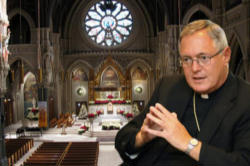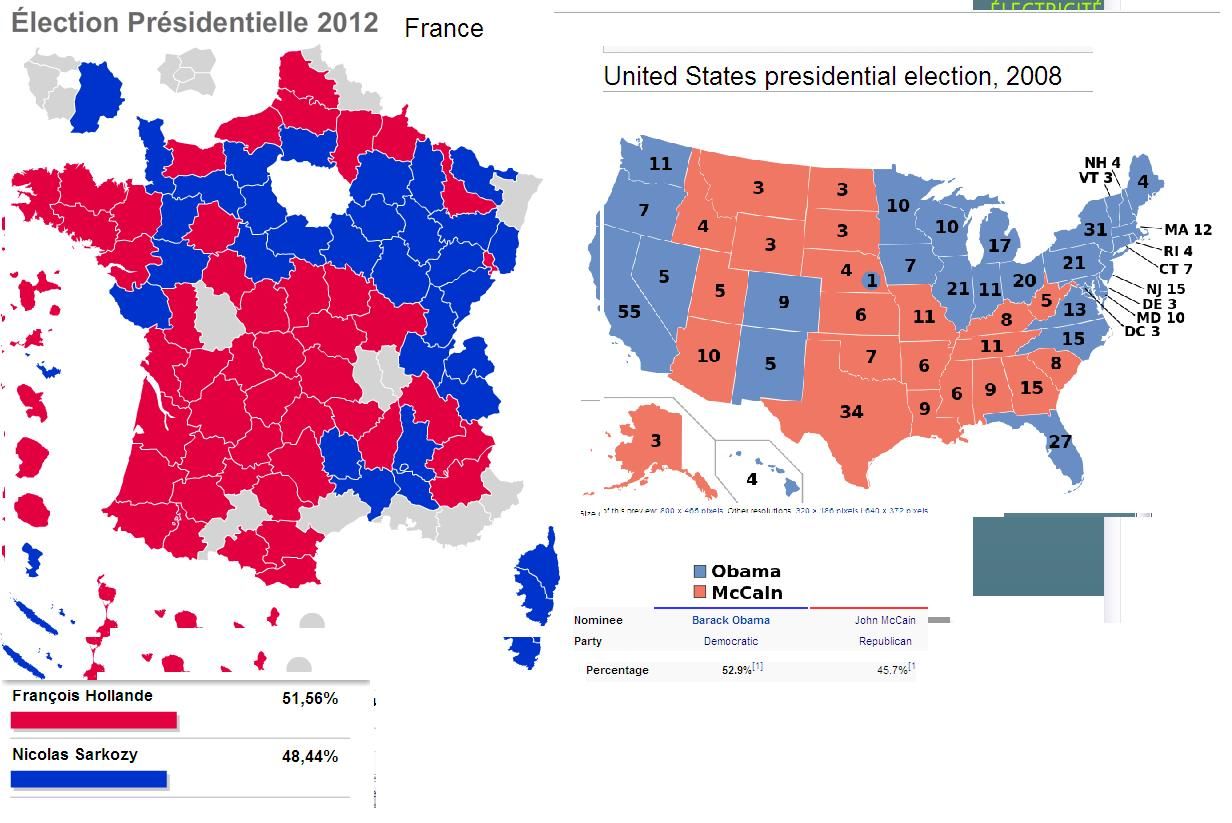In my opinion, IBM is the best stock to buy. It has a clear strategy, you know the end goal of the company. A smarter planet solution implementation. A business Analytics Comapny with a clear strategic future. Unlike many of the new startups, one question do you know where google, facebook, HP, will be doing in 5 years from now? How much is the public involve in its growth & decision making? Who knew that the interface of facebook would change dramtically in 1 year. Would you recognize google 2 years ago business model and today approach? I have to give them a lot of credit because theese genius of new CEO brought their companie to complete success.
The fact that worries me, is that in 5 years from now it really depends on these CEO strategy. I can guarantee in 5 years from now you will find IBM still focus on the same growing strategy. Tha is being a comapny that interconnect the business and IT world.
In 5 years from now you know where IBM will be. Delivering smarter solutions, and transforming government & cities into smarter cities interconnected to reduce Electrecity, erney and Water cost.
IBM
Listing in 1916, IBM is the original poster child for technology boom and bust. After eight years on the New York Stock Exchange as Computing Tabulating Recording Corporation, the company changed its name to International Business Machines and ushered in a period of extraordinary growth – becoming a kind of early 20th century equivalent of Apple.
Between 1927 and 1929, demand for its time cards and accounting machines helped to more than quadruple its value from $54 a share to a peak of $216 shortly before the Wall Street crash.
Then, along with the rest of the market, it came a cropper. By 1932, IBM’s share price had sunk to just $9.125.
Its then-president, Thomas Watson, declared that IBM would spend its way through the slump, investing $1bn in research and development and keeping its factories running at full speed even though it meant stockpiling computers in warehouses. It was a high-risk strategy, but one that paid off and helped propel IBM shares steadily higher until the early 1980s.
The company raised cash through a series of share splits, such that one share in 1924 would by now have proliferated to 3,460, worth more than $500,000 and nearly $9,000 in annual dividends.
Last month, IBM posted Q1 profits of $3.1bn on revenues of $24.7bn
Facebook:
We’re off to the races as Facebook (FB) begins to trade; the stock has trimmed most of its gains after initially surging more than 10 percent in its debut on the Nasdaq.
This is a good time to compare the giant social network with some of the other well-known tech outfits of the modern day, such as Google (GOOG), Microsoft (MSFT) and Apple (AAPL).
Now, anyone who remembers the dot-com era certainly recalls bust after bust, but the tech sector is also full of success stories. And some of the best-known companies in technology have made it for a reason: They provide something people want, and the businesses are run the right way. Shareholders in these particular companies have done well, too. In a number of cases, they’ve done astonishingly well.
.jpg)






